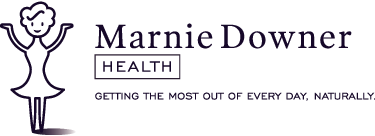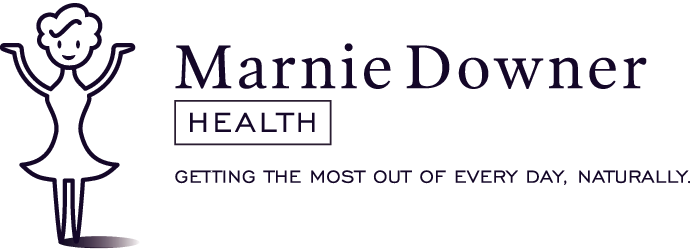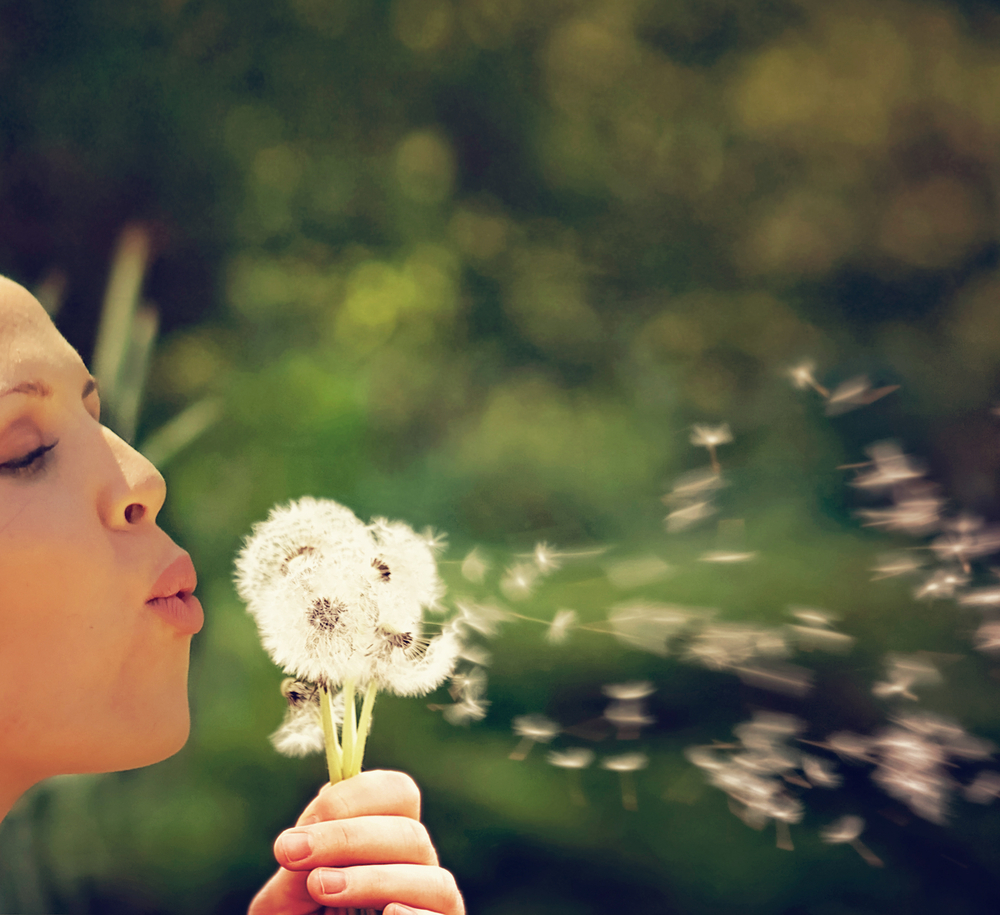For many of us, spring can only mean one thing – ALLERGIES. Those unsettling easterly winds bringing with them those lovely pollens. Doesn’t it make you sneeze, your eyes itch and water and your nose run just thinking about it?
So why do these innocuous little molecules cause so much suffering in the first place? Airborne particles, which can be pollens or even chemicals, get absorbed through the lungs or skin into the blood and cause the white blood cells of allergy-prone folks to produce a ton of an anti-body called IgE (immunoglobulin E). These molecules then travel through the bloodstream and hit cells called mast cells, which are major storage sites for histamine. Once the mast cell takes a hit from the IgE antibody, it begins “leaking” histamine all over the place, producing the familiar and annoying symptoms everyone who suffers from seasonal allergies knows all too well.
So what is histamine?
Histamine is a chemical involved in your immune system, proper digestion and your central nervous system. As a neurotransmitter, it communicates important messages from your body to your brain. It causes your blood vessels to swell, or dilate, so that your white blood cells can quickly find and attack the infection or problem. The histamine buildup is what gives you a headache and leaves you feeling flushed, itchy and miserable.
Did you know?
Histamine is also a neurotransmitter (brain chemical). Not only is it involved in allergic responses but a host of other symptoms may be caused by too much or not enough histamine. For example:
- Central nervous system
- headache
- nausea, vomiting
- circadian rhythm (your sleep wake cycle)
- vertigo
- Digestive tract
- stomach aches, cramps
- meteorism – too much gas in the digestive tract causing bloating. Often caused by swallowing too much air (think eating on the run)
- diarrhoea
- Reproductive organs
- histamine acts on smooth muscle constriction in the uterus and can lead to painful periods
- Cardiovascular system
- hypertension
- arrhythmia
- Skin
- flushing
- pruritus (itching)
- urticaria (hives)
Phew! Now…back to allergies.
When you go to the pharmacy for your allergies, they will most likely give you an over-the-counter anti-histamine to help manage the symptoms. There are, however, some natural ways to manage seasonal allergies.
Read on….
Hot tips*
- Get a good quality air purifier and water filtration system for your home.
- Close your windows to prevent pollen from entering.
- Minimize your early and mid-morning activities – between 5-10 a.m.–when pollen levels are the highest.
- Stay indoors when pollen levels are high and during windy days.
- Close your car windows when driving.
- Use a dryer for your laundry as pollen may collect in clothes when left to dry outdoors.
- Avoid mowing the lawn.
- Wear natural fabrics.
- Use a non-synthetic mattress with 100 percent cotton sheets.
- Avoid grains and sugars which decrease your body’s ability to handle the allergens. *Thanks Dr Mercola
The following herbs and nutrients are worth considering (you know where to get them…).
- Albizia – The anti-allergy properties of the herb albizia are helpful for hayfever, asthma, sinus congestion and allergic skin conditions such as eczema and hives. It also helps to strengthen the lungs and clear mucus.
- Probiotics – the most useful for allergies is Lactobacillus rhamnosusGG (LGG®). This strain has been found to be effective in reducing allergies including eczema.
- Zinc – plays a very important role in regulating the immune system and is a common deficiency. Optimal zinc levels are crucial in any allergy treatment.
- Vitamin C – boosts the immune system, improves lung function and decreases allergy symptoms.
- Essential oils – antimicrobial essential oils such as eucalyptus, peppermint, lavender and thyme, used in a sinus spray, can provide relief from nasal and sinus congestion that occurs with hayfever and upper respiratory tract infections.
- Olive oil – use it liberally. Often people with allergies don’t make enough of any enzyme called di amine oxidase (DAO) and olive oil helps with the production of it.
Toxaprevent
This may be one of my favourite products for histamine intolerance (HIT). It’s applications are amazing. Basically, it acts like a giant magnet down your digestive tract drawing in all the nasty byproducts of histamine production. I also use it with great success in people with ‘Helicobacter pylori’. It’s pretty special stuff I tells ya.
Q is for quercetin.
Allergies are caused by an immune imbalance. Pharmaceutical medication may help reduce symptoms but do not address the underlying cause. Wouldn’t it be great if there were some powerful natural treatment for seasonal allergies?
Well there is and it’s a bioflavonoid called, (fanfare please), QUERCETIN. Combined with a few other things, it just might be your most powerful natural weapon against the annoying symptoms of seasonal allergies.
Quercetin is found in:
- Onions
- Apples (it’s in the peel) are a significant source of quercetin, which has quite a resume of health benefits.
- Berries
- Tea
- Red wine (huzzah – is there nothing a glass of red can’t fix…?)
- Supplements – I have a number in the clinic that contain quercetin, namely a very good Vitamin C
It’s a good idea to start addressing your allergies before they pop in to say, ‘Hello‘ (can someone please explain to me why Lionel Richie is asking a blind lady if she’s ‘looking for him’ – strikes me as a little insensitive…).
Anyhoo… if you need help managing allergies this season, please feel free to come see me and we’ll organise a plan for you.
In health,
Marnie


